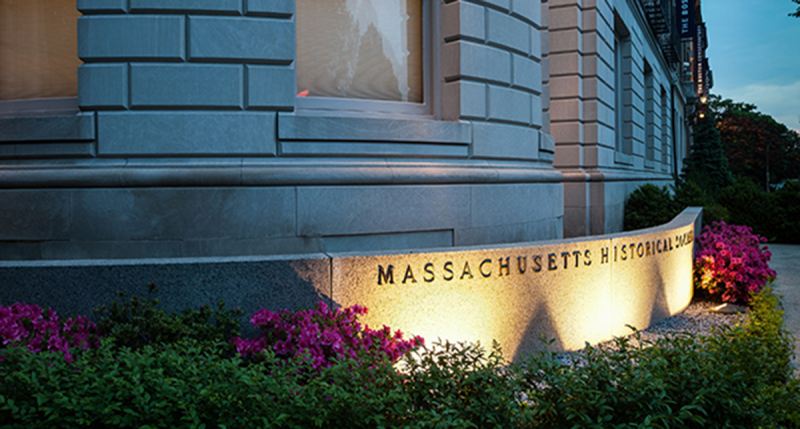Graduate Student Reception 2023

MHS Event
Calling all graduate students and faculty! Please join us at our fourteenth annual Graduate Student Reception for students in history, American Studies, and related fields. This year we invite you to join a hybrid gathering to learn about the resources the MHS offers to support your scholarship, from research fellowships to our seminar series.
Participants will hear from each MHS department beginning at 3:00 pm to learn more about the Society. In-person participants will then join us for a reception at 4:00 pm. The program will resume at 5:00 pm for both in-person and virtual participants with a showcase of projects by scholars that have conducted research at the MHS.
Please note, this is a hybrid event held in person and on the video conference platform, Zoom. Registrants will receive an email with instructions on how to attend.
Hybrid Event
